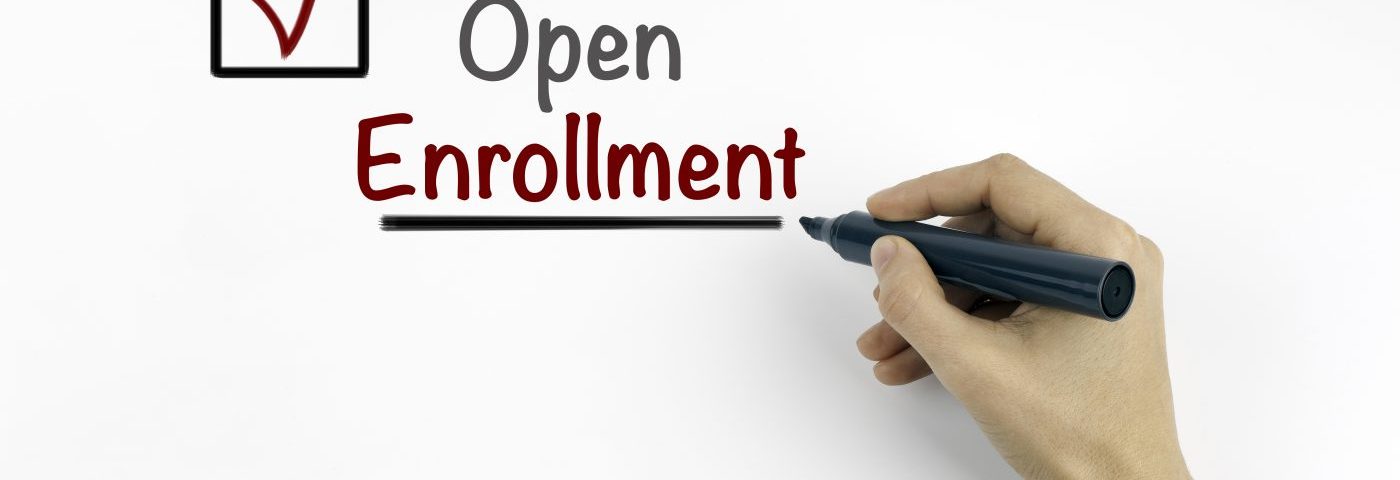A combination of two of TG Therapeutics’ lymphoma treatments proved effective enough to continue enrolling patients in a Phase 2b clinical trial, the company announced.
But one of the two failed to generate good enough results as a stand-alone therapy to continue testing it on its own, TG said. Instead, the company will begin testing a triple combo in addition to the double.
The UNITY-NHL trial (NCT02793583) had assessed TGR-1202 (umbralisib) by itself and in combination with TG-1101 (ublituximab). The patient group was people with relapsed or refractory diffuse large B-cell lymphoma, or DLBCL, who were unable to have high-dose chemotherapy or a stem cell transplant.
CD20 is a protein found on the surface of immune B-cells, whose malfunction underlies several cancers. TG-1101 is an antibody that targets CD20 on faulty B-cells.
TGR-1202 blocks the phosphoinositide 3-kinase cell signaling pathway, which promotes the uncontrolled proliferation and survival of B‐cells.
An independent trial review board told TG Therapeutics that the combo therapy, also known as U2, proved effective enough for the company to continue evaluating it. It recommended that enrollment continue in that segment of the study.
But the review panel, known as the Data Safety Monitoring Board, said TGR-1202 failed to prove effective as a stand-alone therapy. It recommended that TG Therapeutics stop enrolling patients in that arm.
Instead, the company said it will start testing a triple therapy in the trial. It will consist of TG-1101, TGR-1202, and Treanda (bendamustine), a chemotherapy that the U.S. Food and Drug Administration has approved for chronic lymphocytic leukemia, multiple myeloma, and non-Hodgkin’s lymphoma.
“The DLBCL cohort in our UNITY-NHL trial was designed to evaluate the contribution of TGR-1202 in our combination U2 regimen,” Michael S. Weiss, TG Therapeutics’ executive chairman and chief executive officer, said in a press release. “We are extremely pleased that the DSMB [review board] has recommended continued enrollment in the U2 arm, while allowing us to proceed with replacing the single-agent TGR-1202 arm with the triple combination of TG-1101, TGR-1202, and bendamustine,” which the company will call U2 + Benda.
Previous studies showed that US + Benda was highly active, Weiss said. Half of patients with refractory DLBCL and all patients with relapsed DLBCL responded either fully or partially to it, he said. “We have long believed that patients with aggressive DLBCL in particular are best treated with combination therapy rather than single agents and are pleased to see our UNITY-NHL study advancing to the next level,” he added.
The combo therapy will be tested in patients with follicular lymphoma, small lymphocytic lymphoma, and marginal zone lymphoma.


